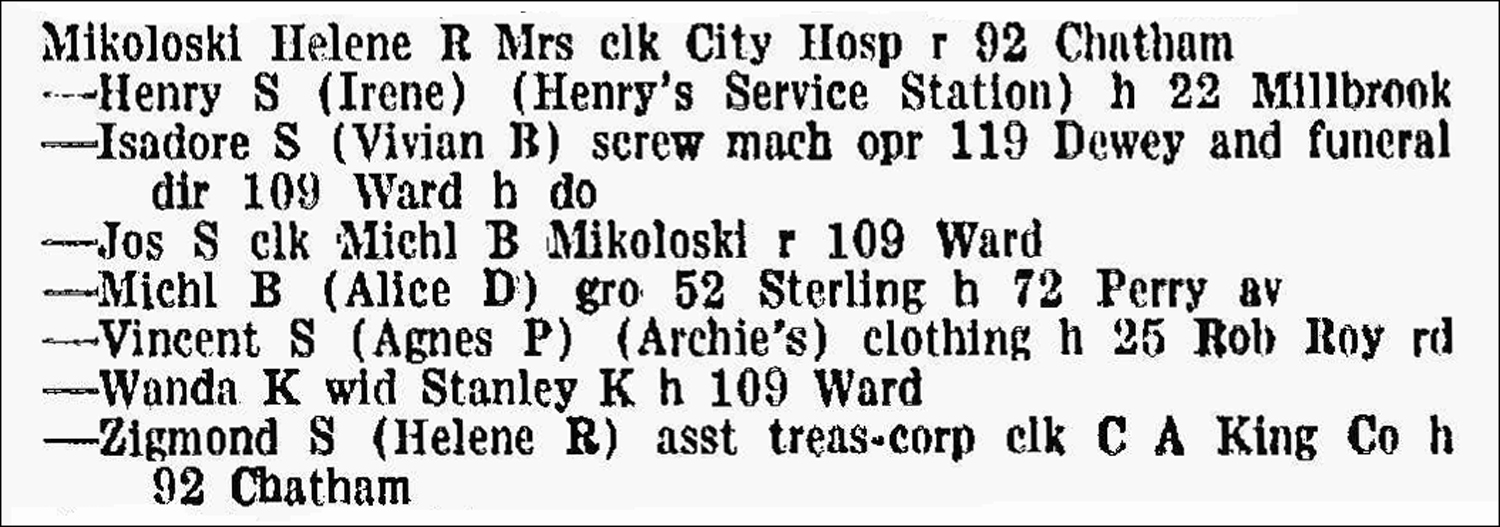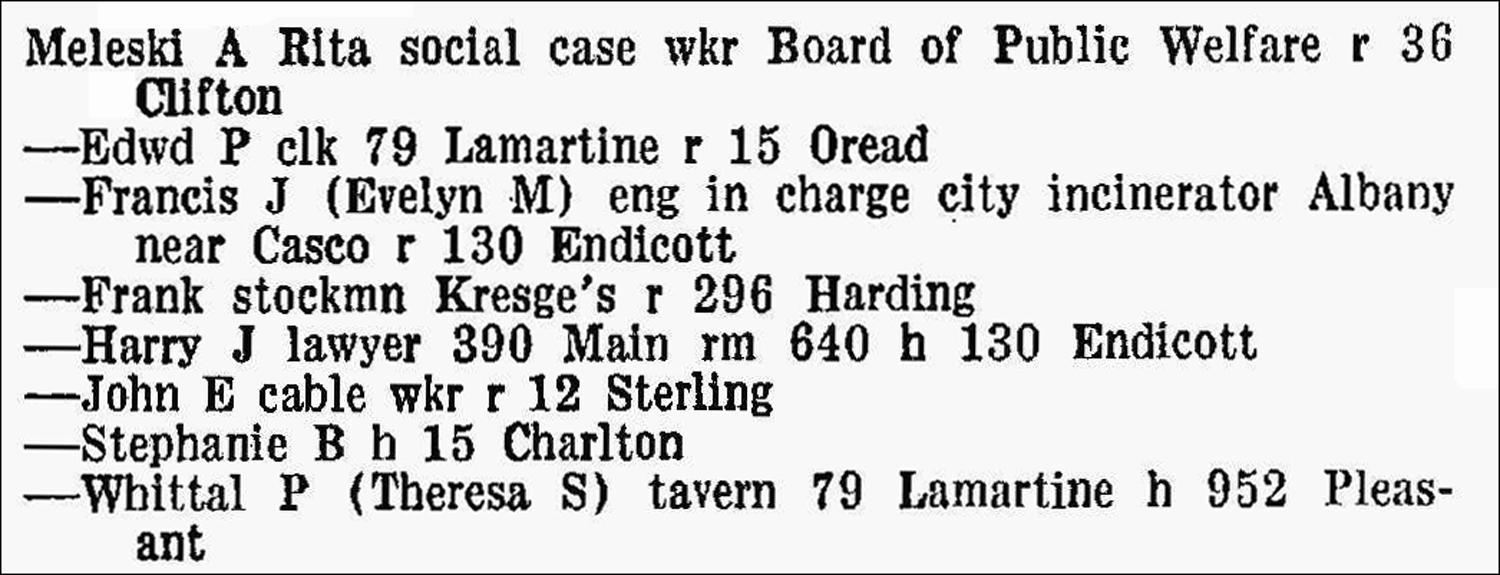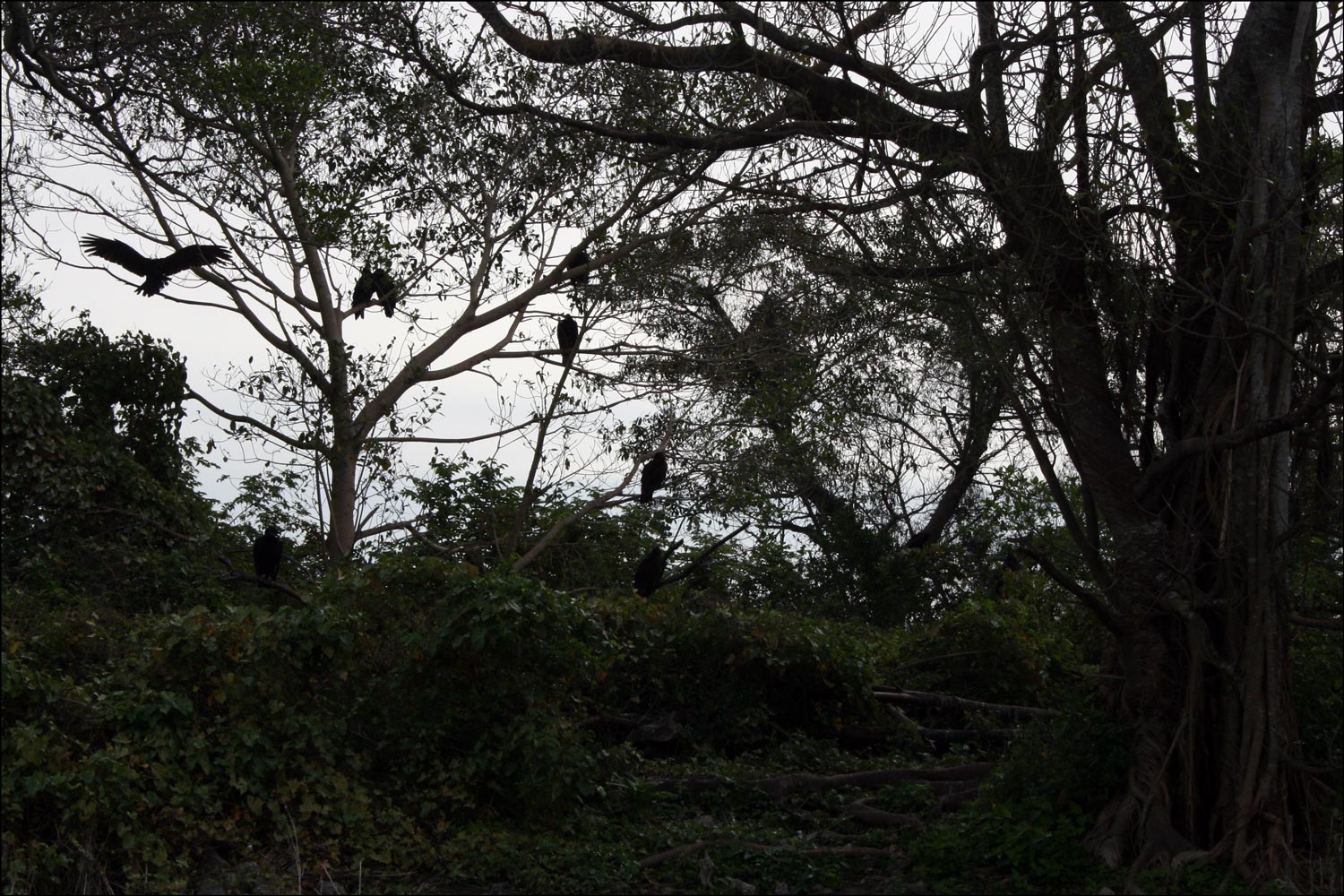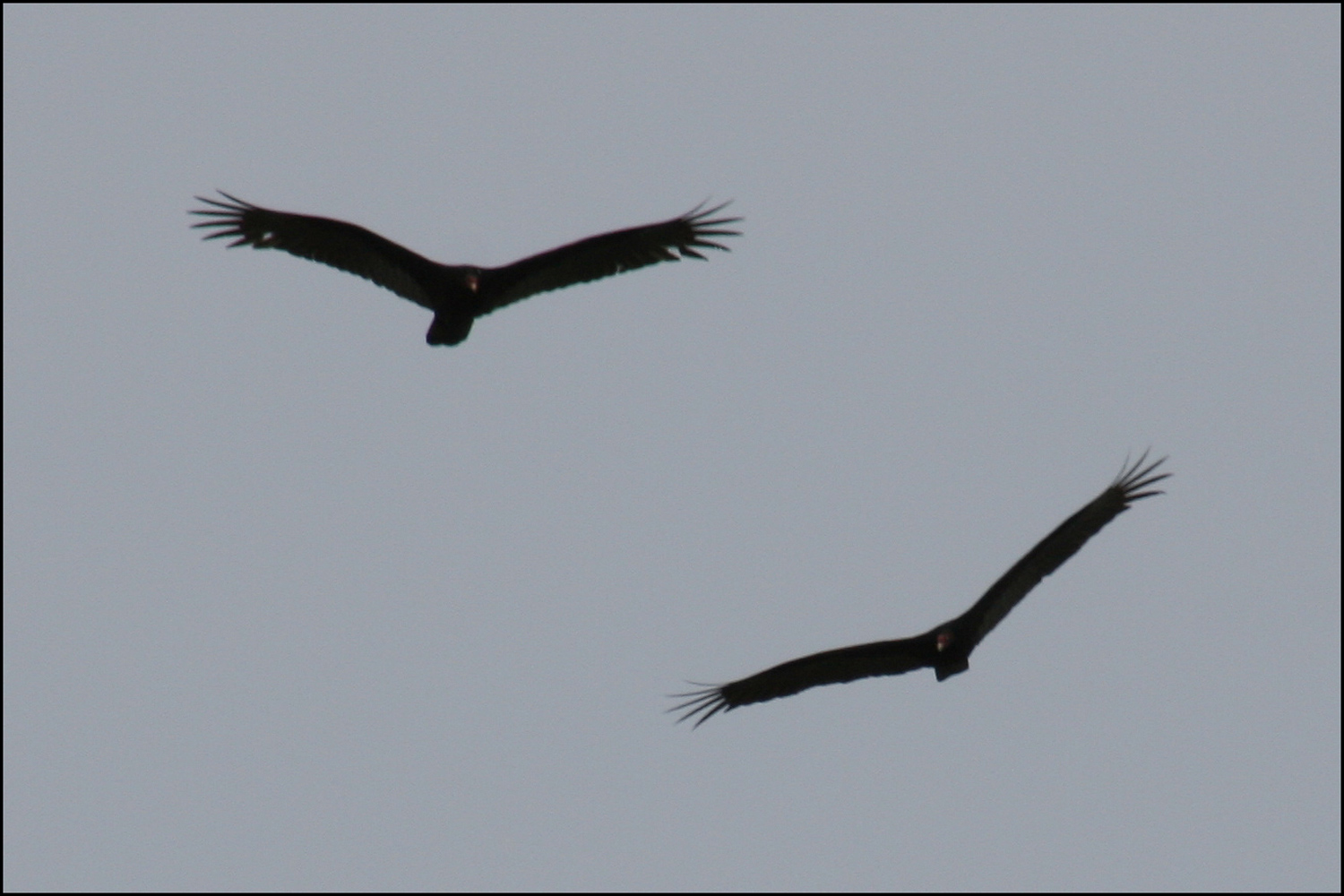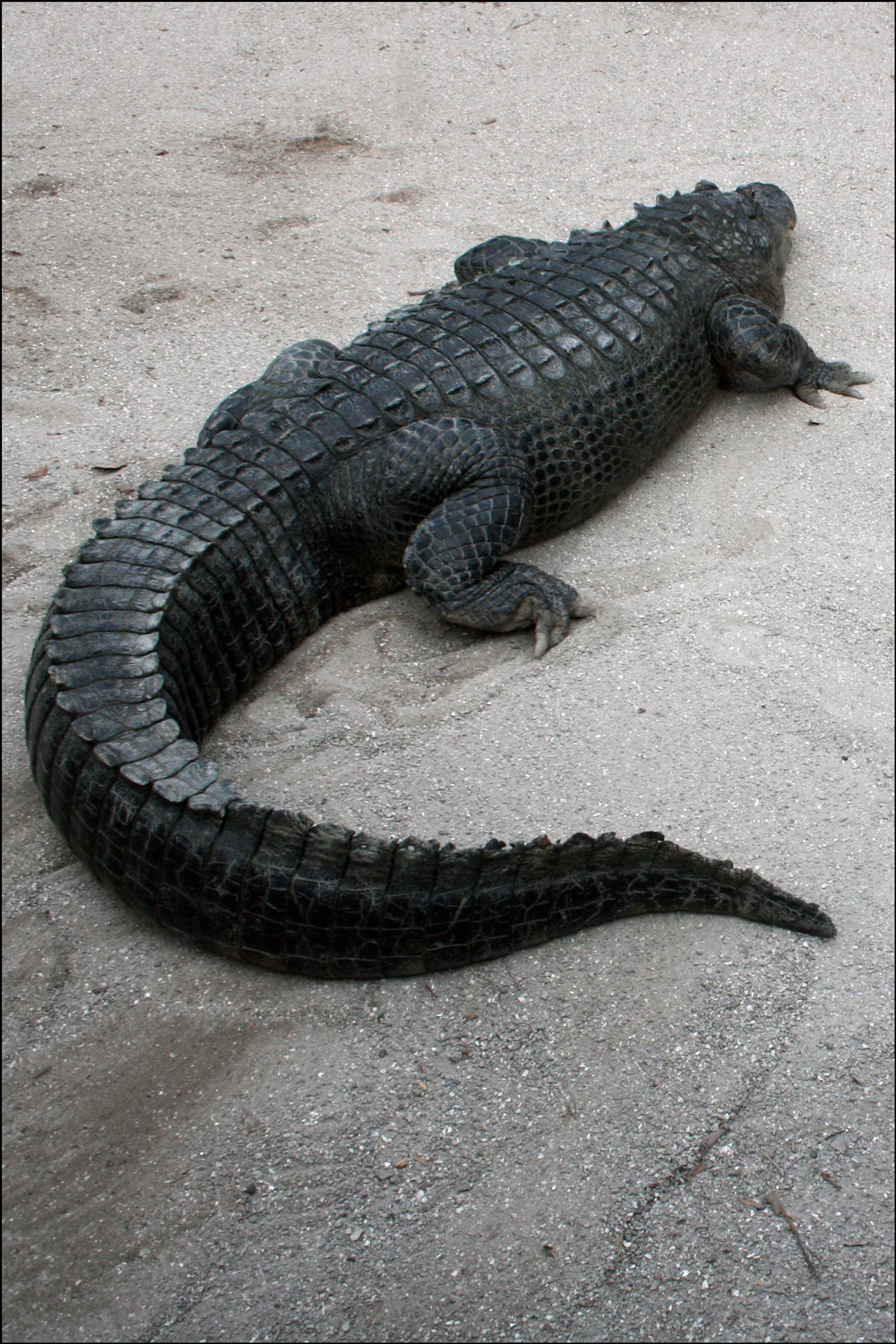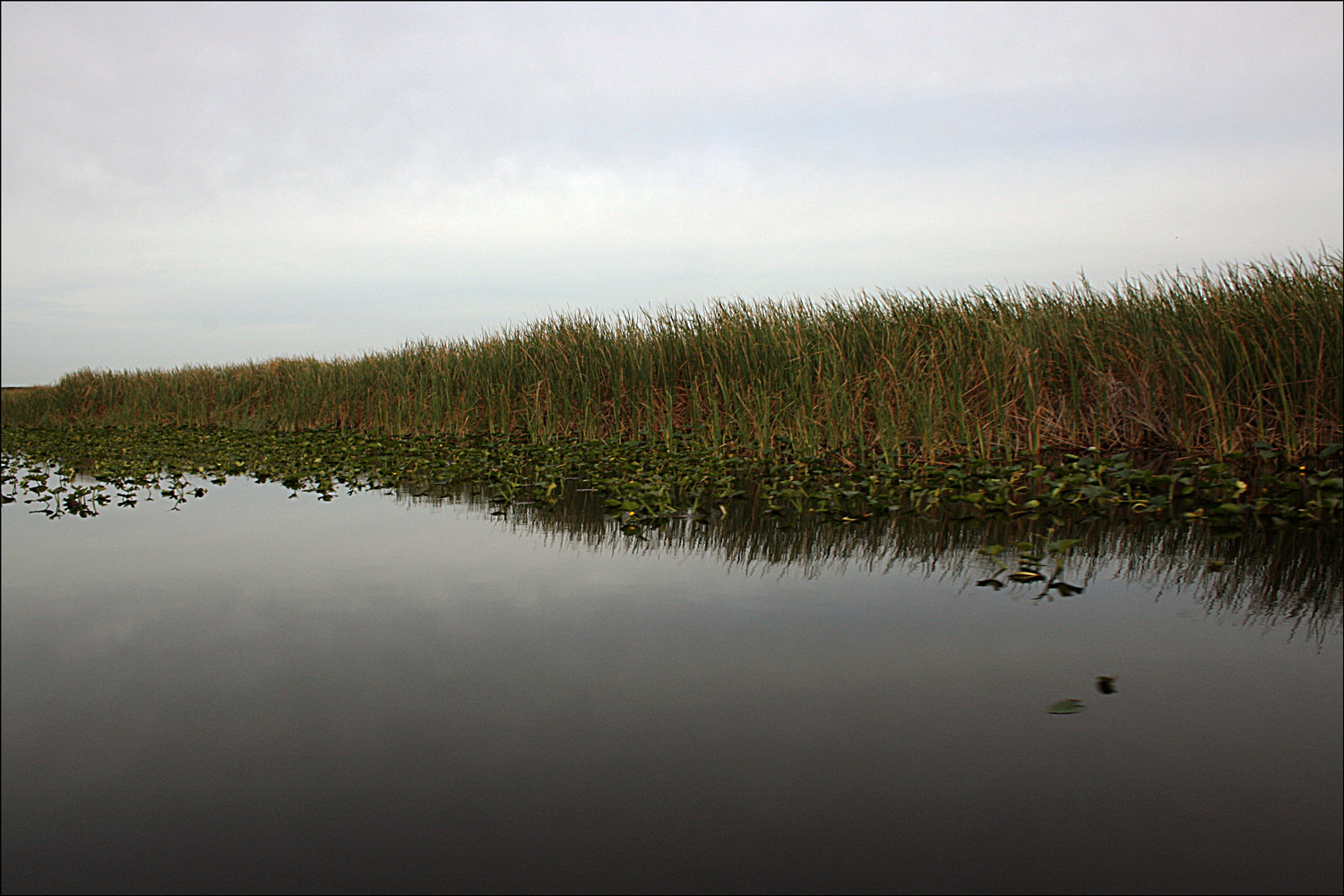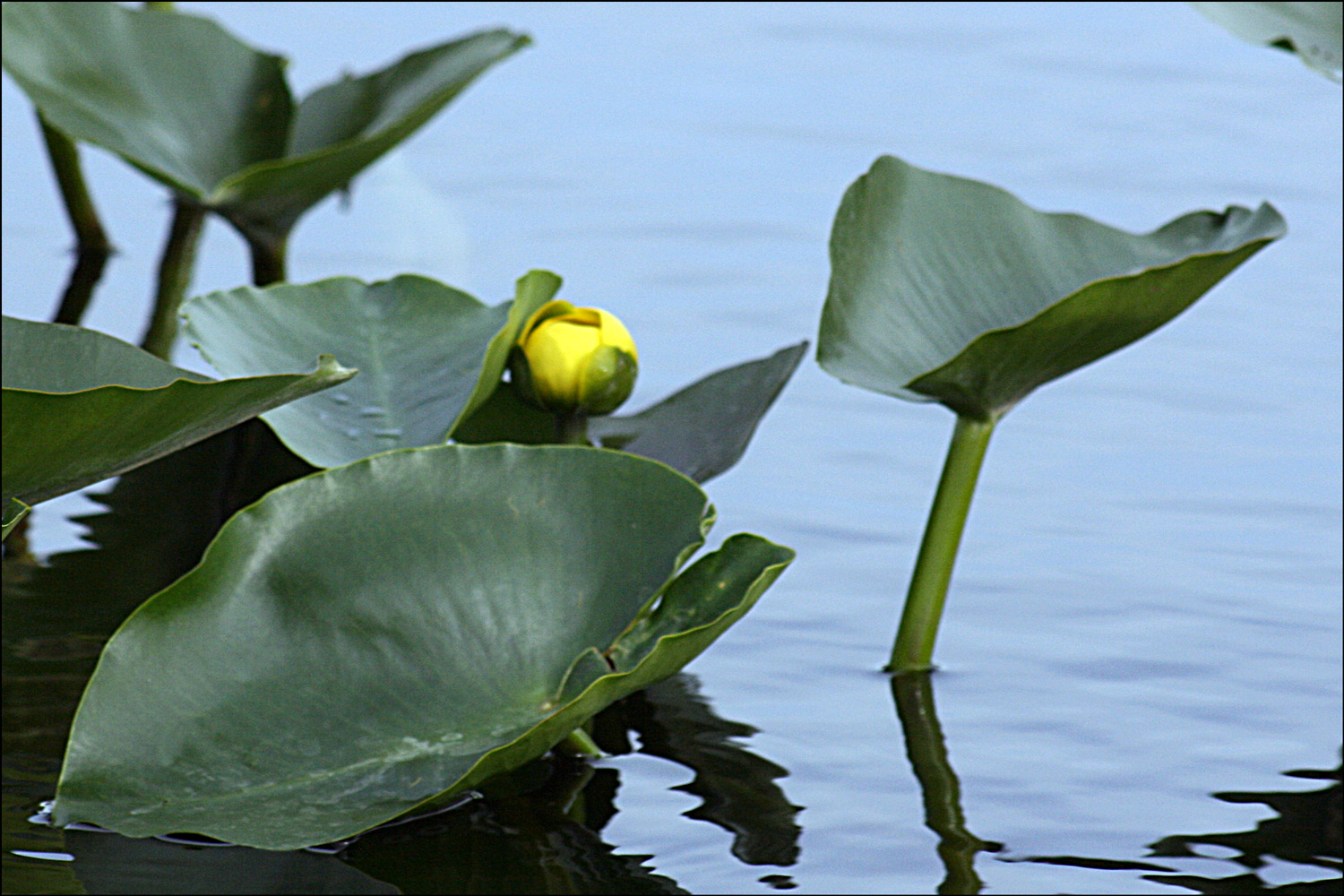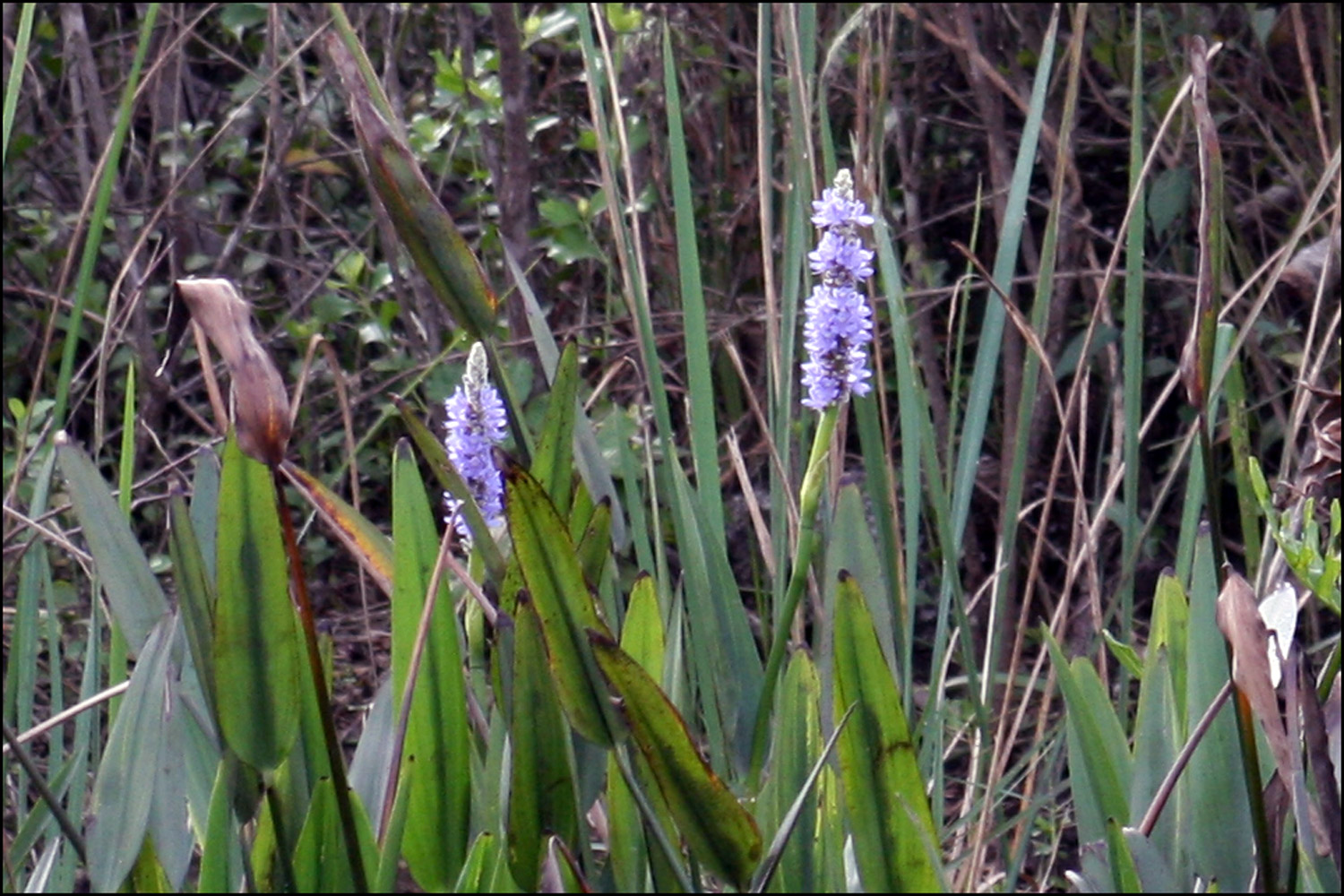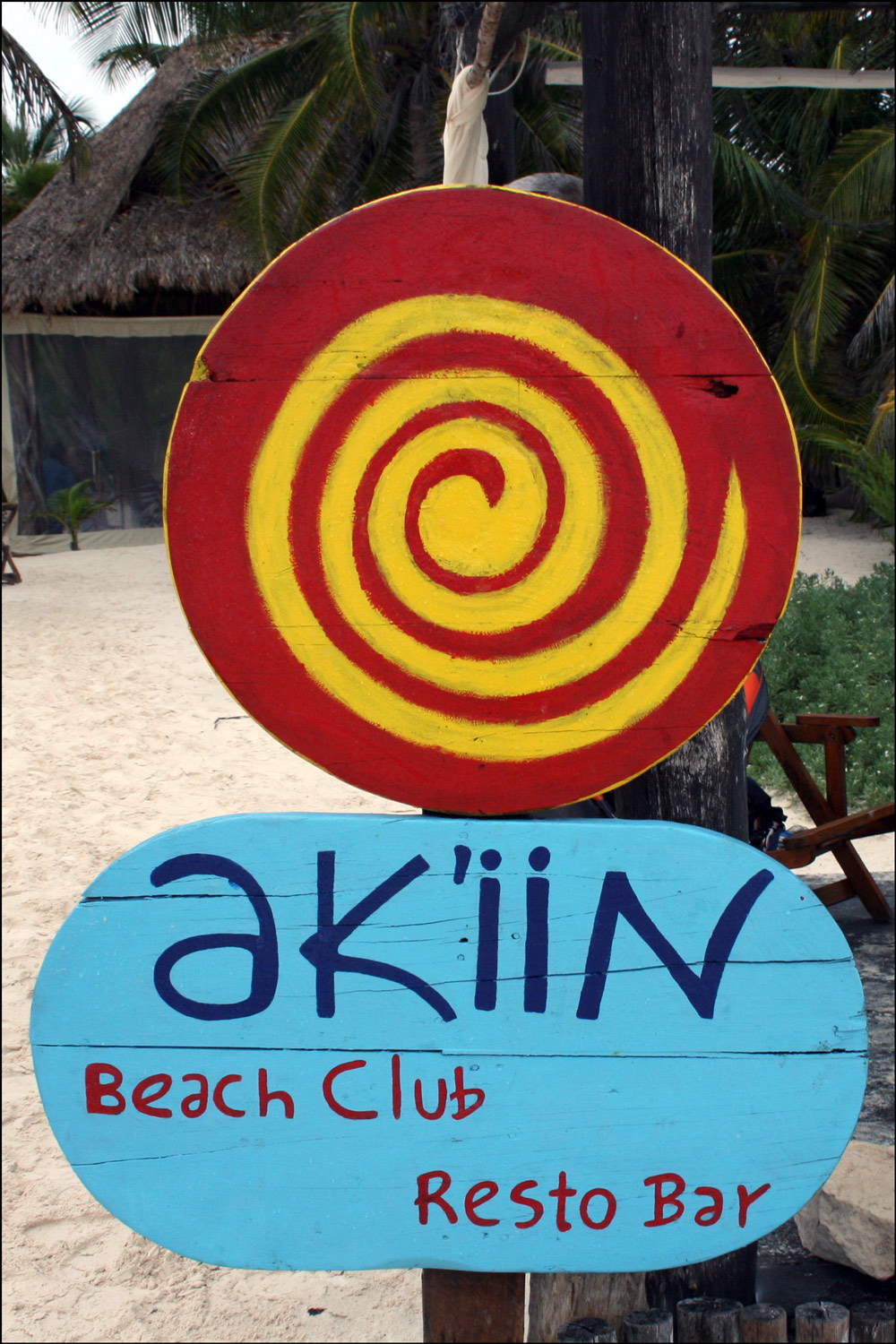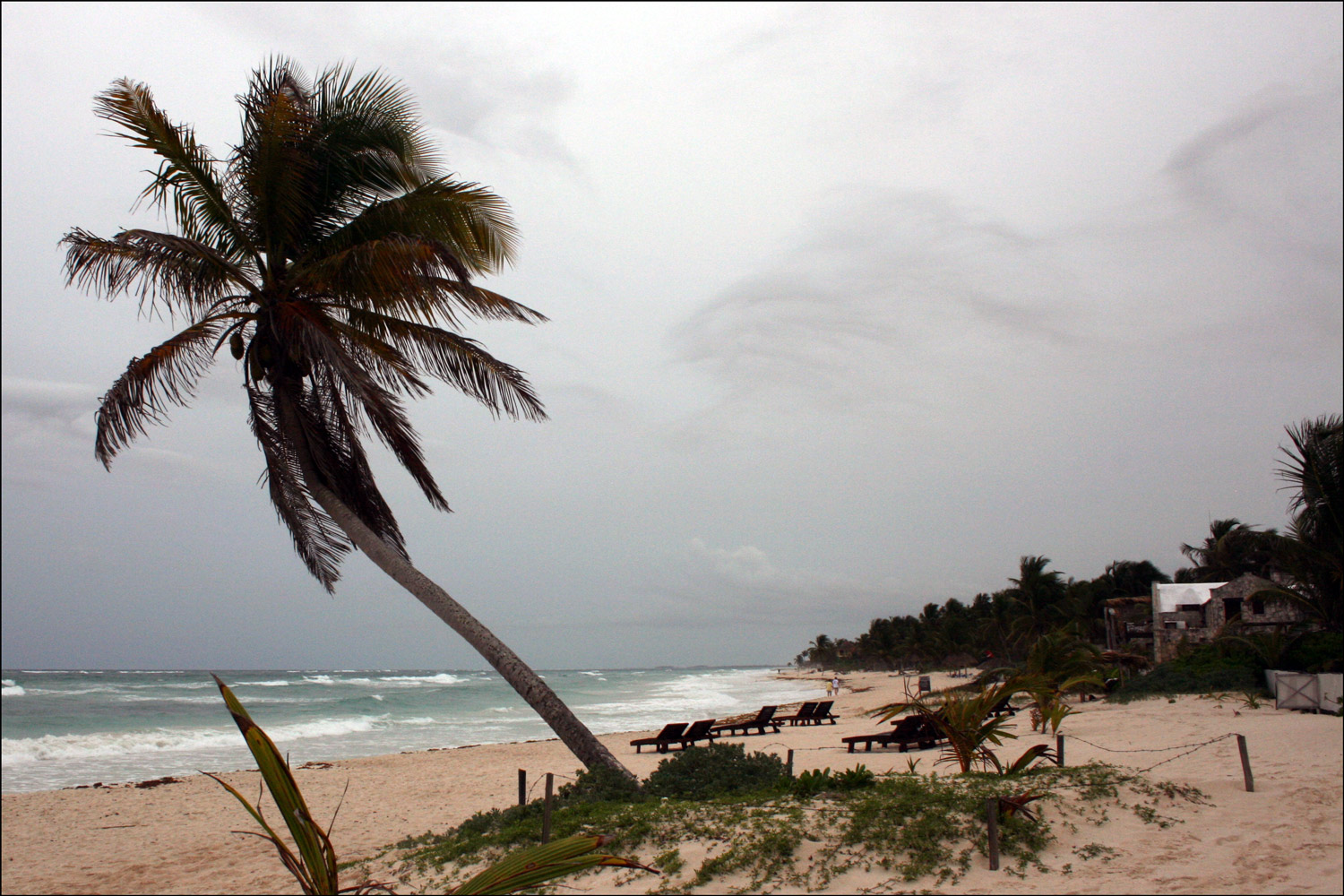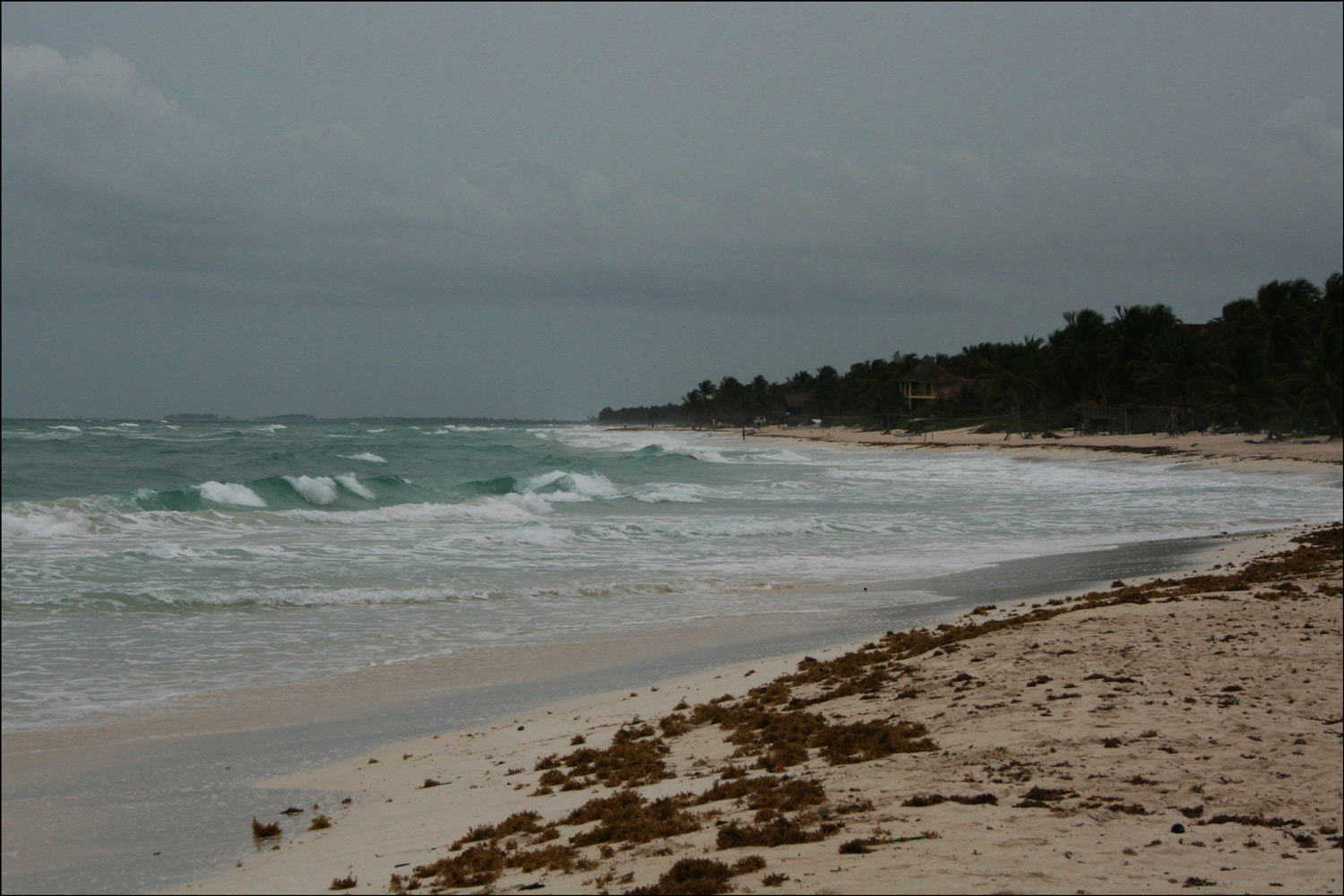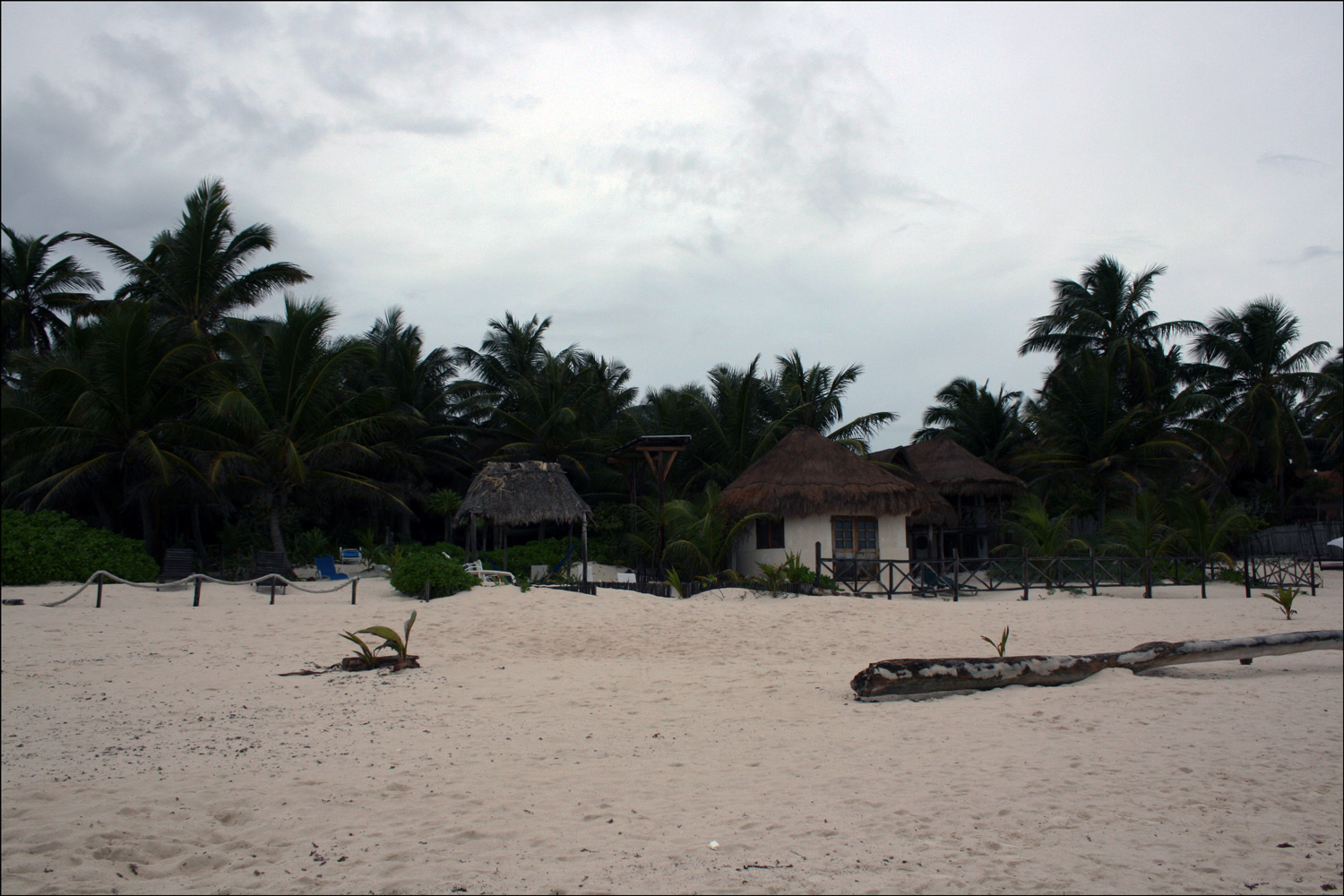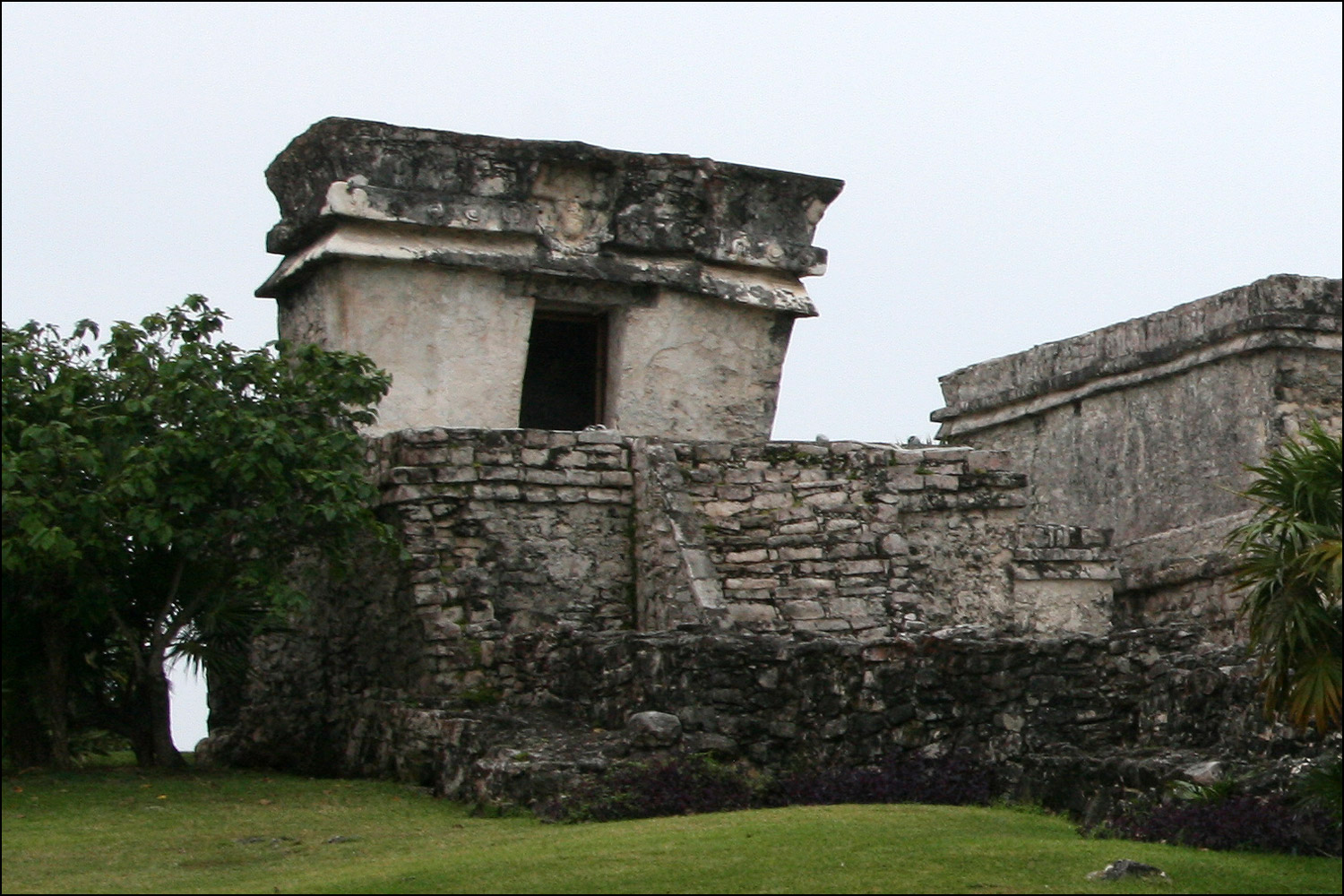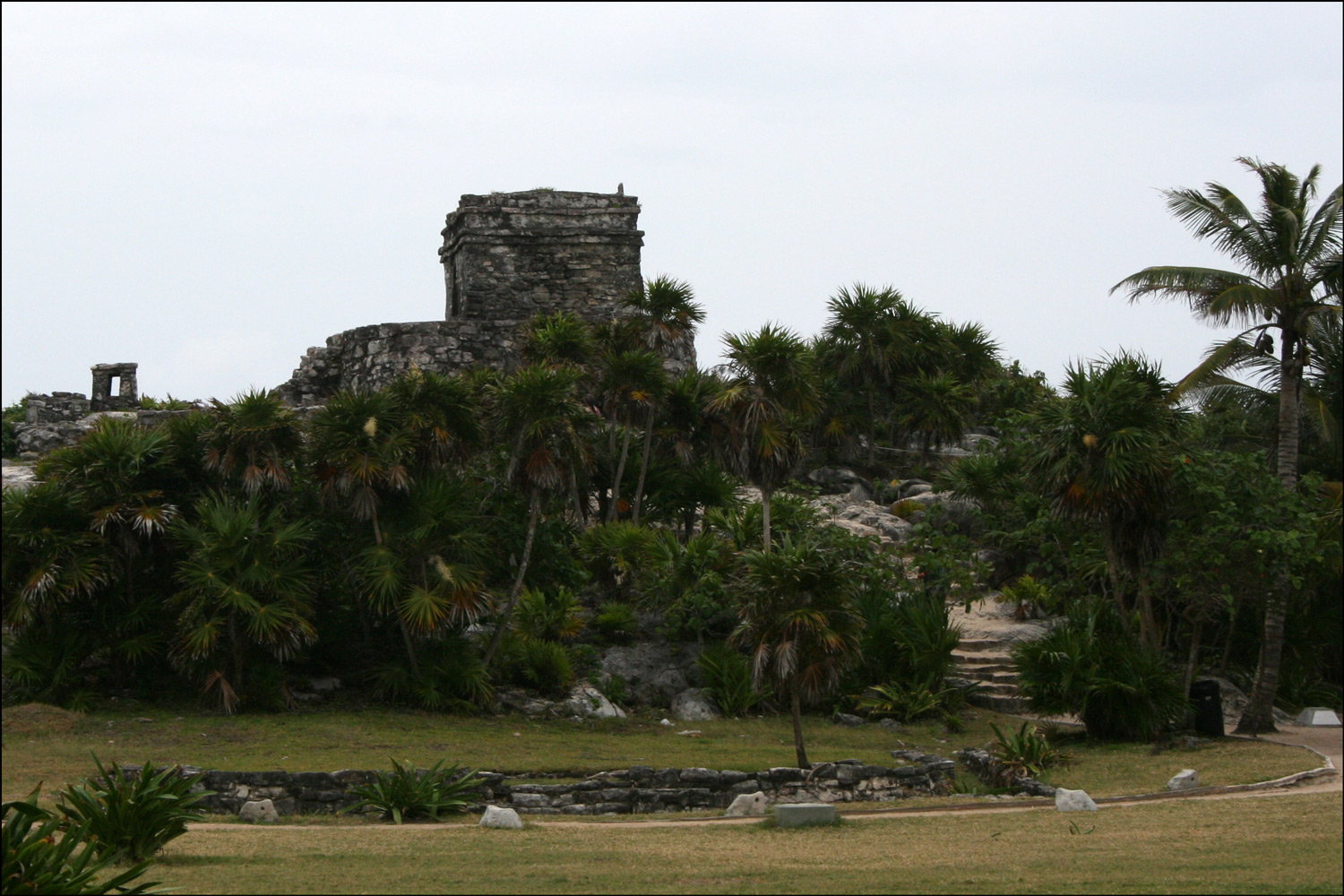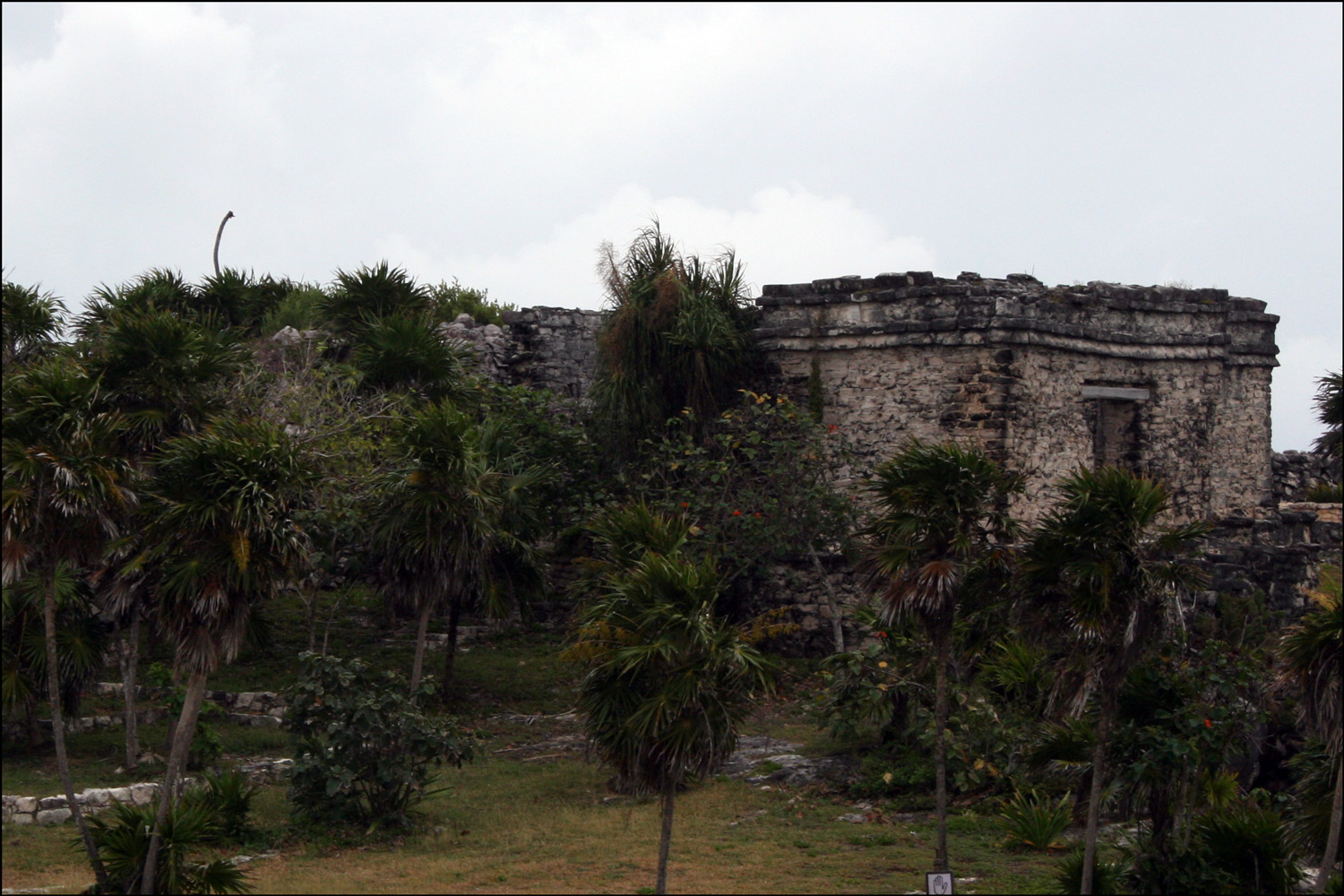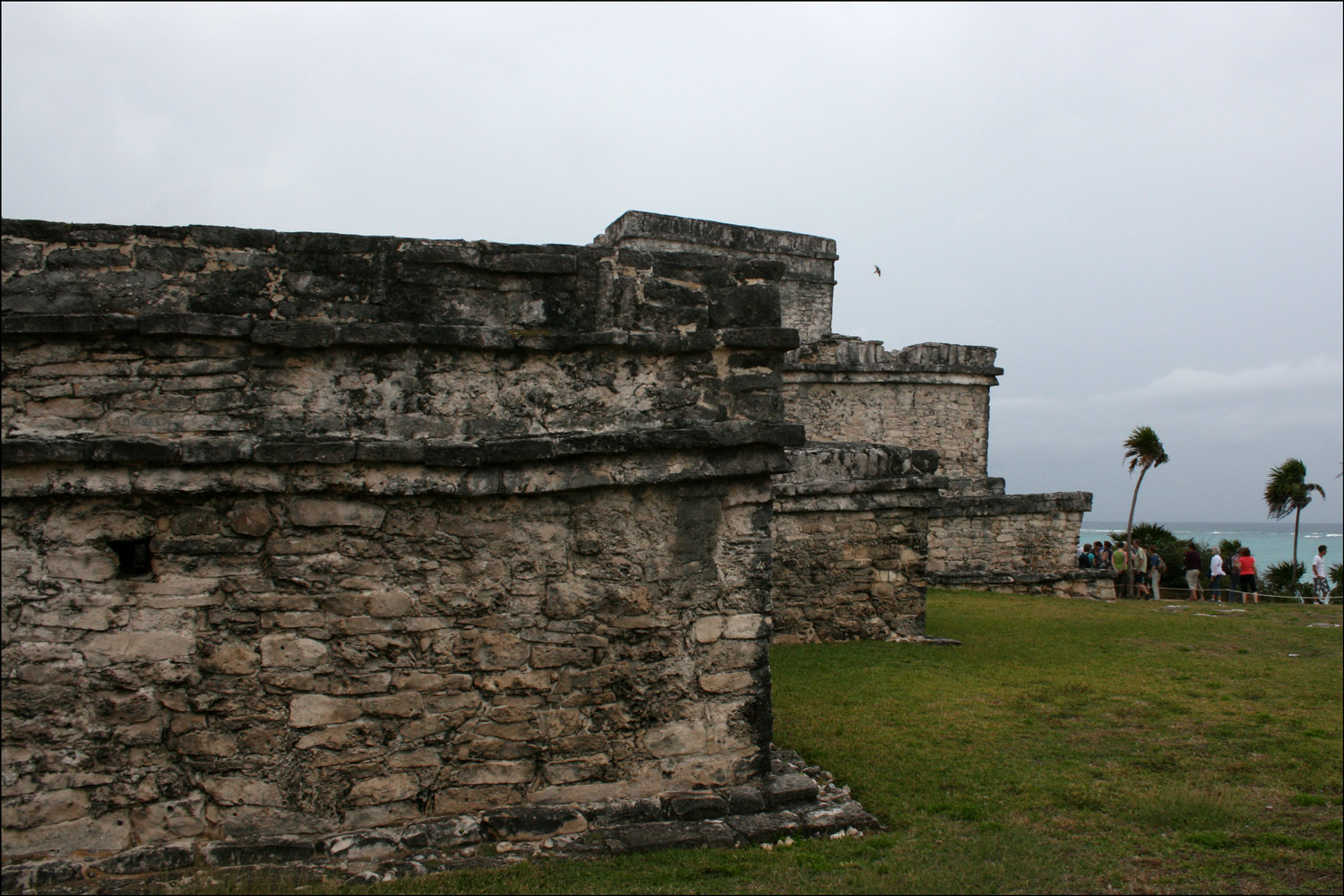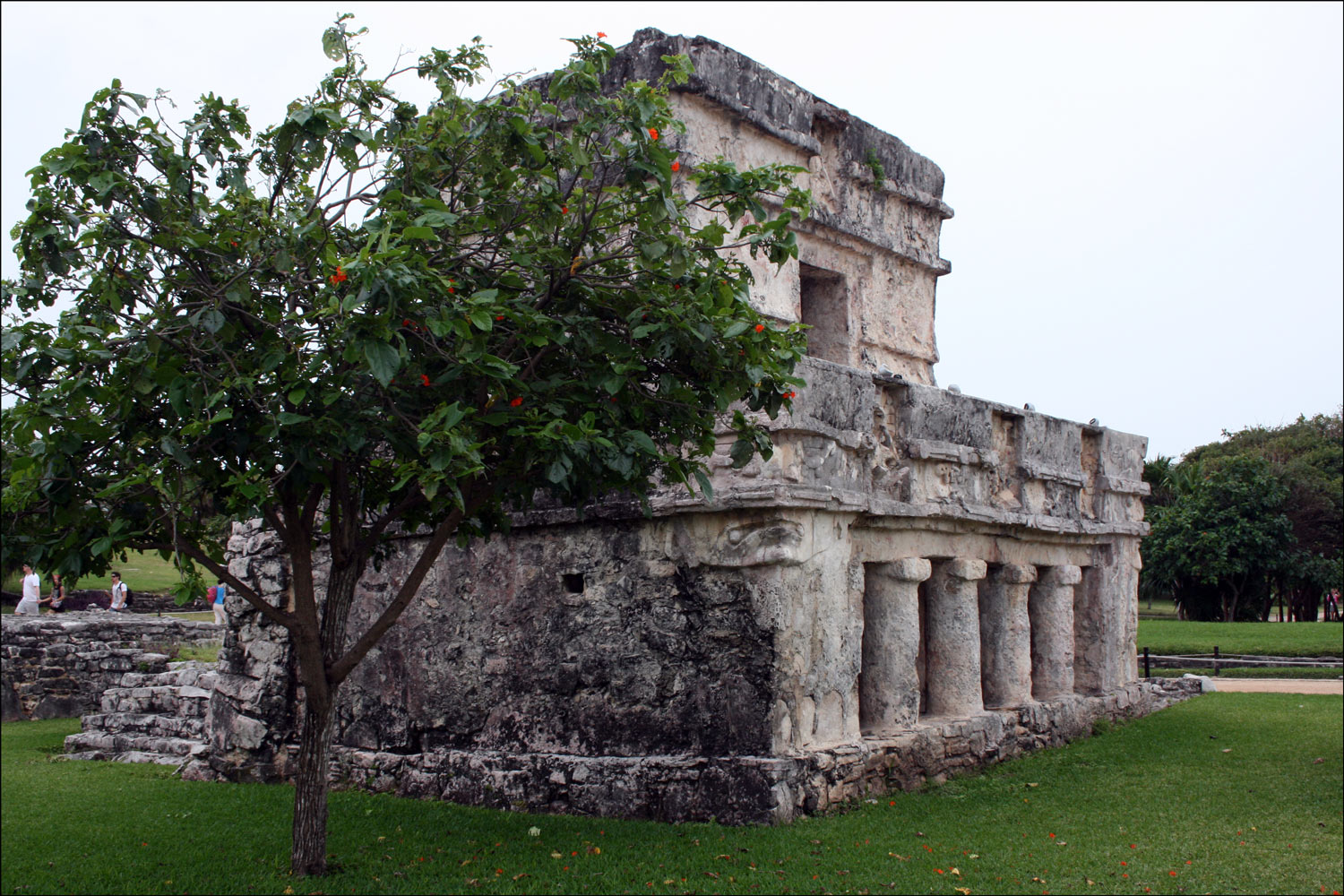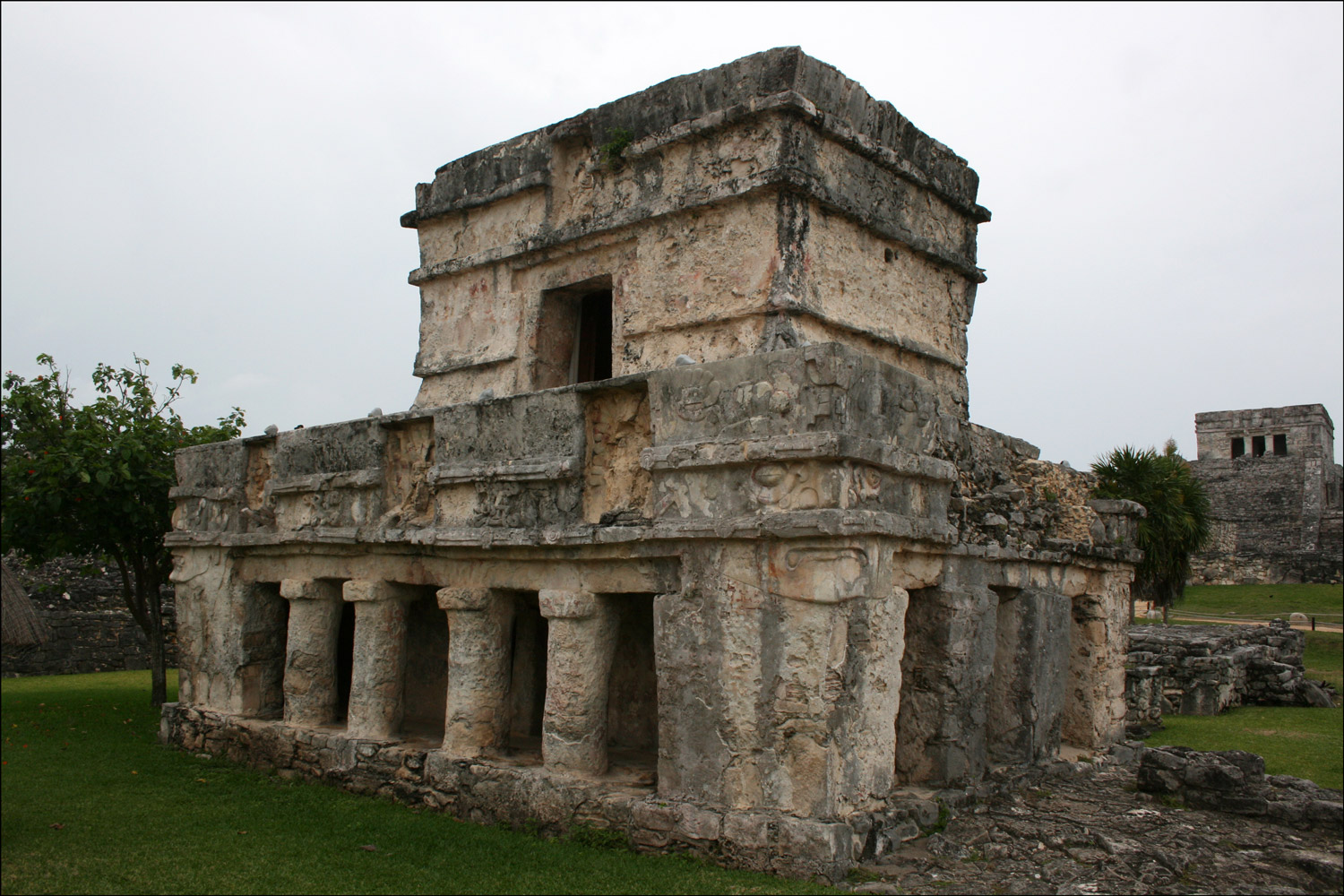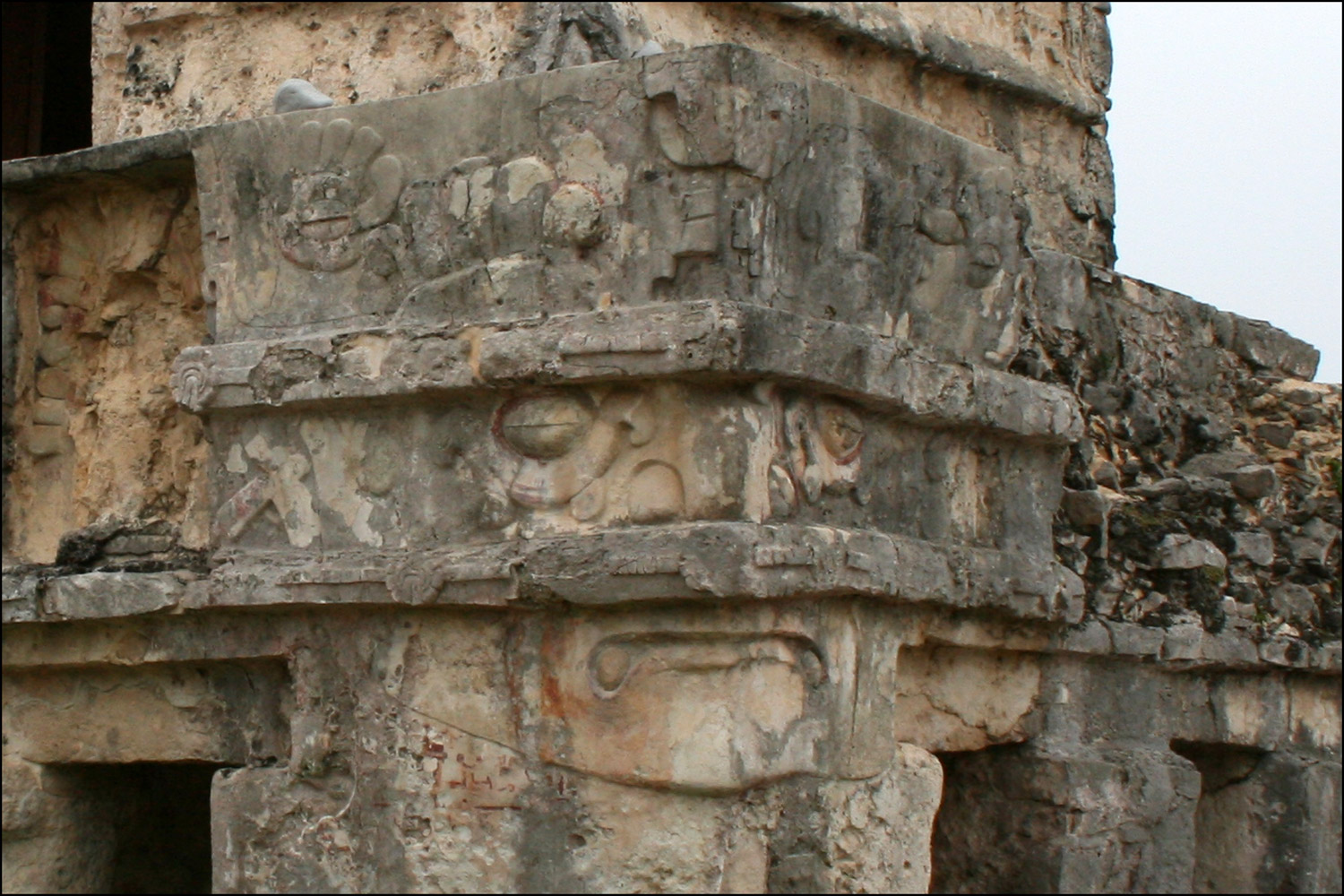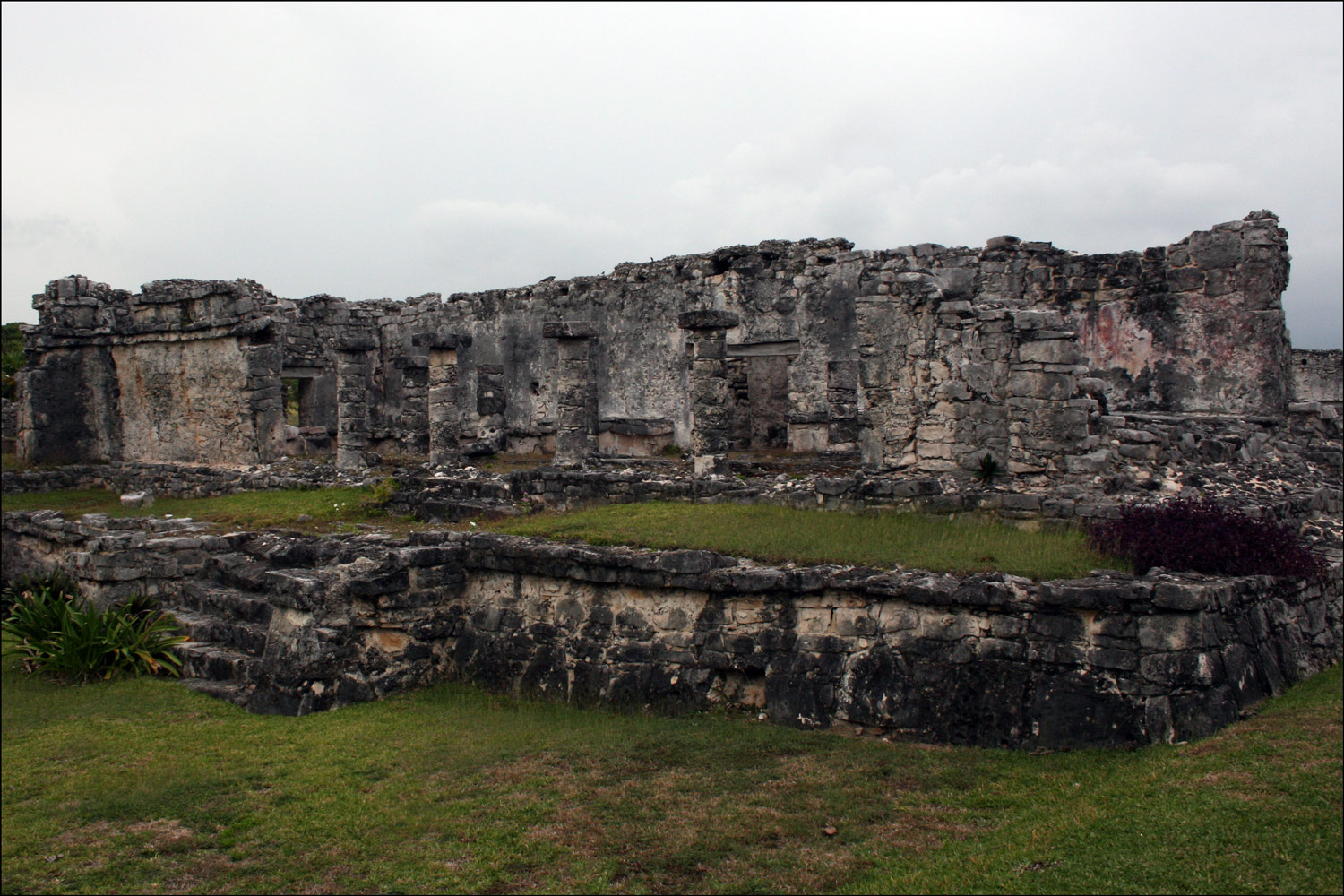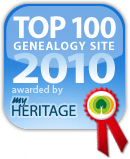My half second cousin Helene Rita Meleski was listed in the 1940 edition of Polk’s Worcester (Worcester County, Mass) City Directory residing at 92 Chatham St with her husband Zygmunt Stanisław Michałowski (Zigmond Stanley Mikoloski) . Also listed in this entry are Zigmond’s mother Wanda and his brothers Henry, Isadore, Joseph, Michael, and Vincent.
1940 Worcester City Directory Entry for the Mikoloski Family
SOURCE: Massachusetts City Directories, Worcester 1940, p. 666, Stanisław Michałowski Family; digital image, Ancestry.com (http://www.ancestry.com : accessed 27 February 2012); citing Polk’s Worcester (Worcester County, Mass.) City Directory Vol. 1940 XCVII, Boston MA: R. L. Polk & Co.
Click on the link for a PDF copy of the 1940 Worcester City Directory Entry for the Mikoloski Family. The brief record states the following:
- Helene R. Mikoloski was a clerk at City Hospital and resided at 92 Chatham St
- Henry S. Mikoloski, husband of Irene, operated Henry’s Service Station and was head of household at 22 Millbrook St
- Isadore S. Mikoloski, husband of Vivian B., was a screw machine operator at 119 Dewey and a funeral director doing business at and head of household at 109 Ward St
- Joseph S. Mikoloski was a clerk for his brother Michael B. Mikoloski and resided at 109 Ward St
- Michael B. Mikoloski, husband of Alice D., was a grocer at 52 Sterling St and was head of household at 72 Perry Ave
- Vincent S. Mikoloski, husband of Agnes P., worked at Archie’s clothing and was head of household at 25 Rob Roy Rd
- Wanda K. Mikoloski, widow of Stanley K., was head of household at 109 Ward St
- Zigmond S. Mikoloski, husband of Helene R., was assistant treasurer / corporate clerk at C A King Co. and was head of household at 92 Chatham
Using Steve Morse’s One-Step Webpages, I learned that Zigmond and Helene Mikoloski’s residence at 92 Chatham St, Worcester, Worcester Co., Massachusetts was located in enumeration district 23-201 in the 1940 United States Federal Census . I also learned that the residence of Wanda, Isadore, and Joseph Mikoloski at 109 Ward St in Worcester, Worcester Co., Massachusetts was located in enumeration district 23-124 in the 1940 United States Federal Census . Henry Mikoloski’s residence at 22 Millbrook St was located in enumeration district 23-44 in the 1940 United States Federal Census . Michael Mikoloski’s residence at 52 Sterling was located in enumeration district 23-121 in the 1940 United States Federal Census . Finally, Vincent Mikoloski’s residence at 25 Rob Roy Rd was located in enumeration district 23-189 in the 1940 United States Federal Census.
Copyright © 2012 by Stephen J. Danko

